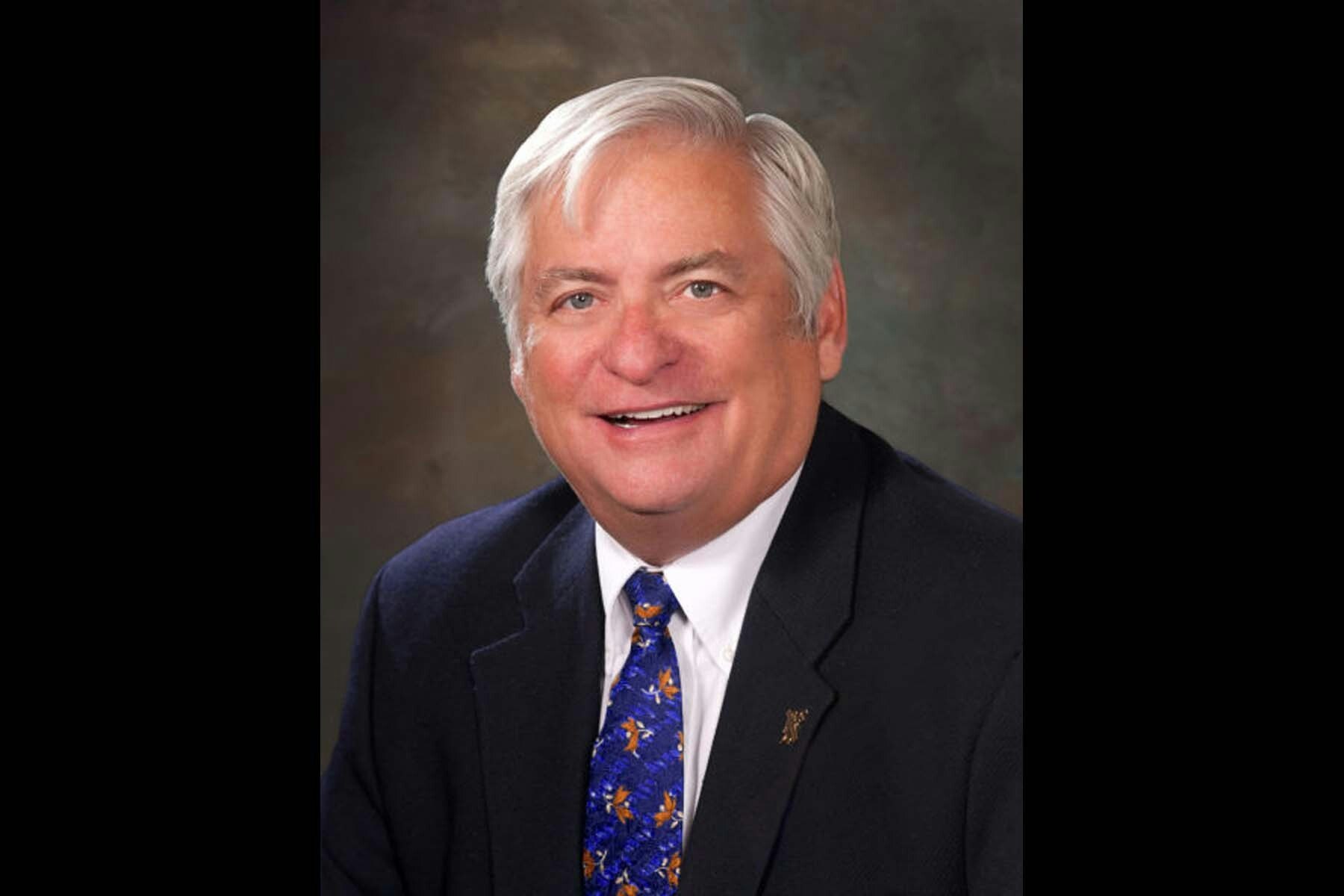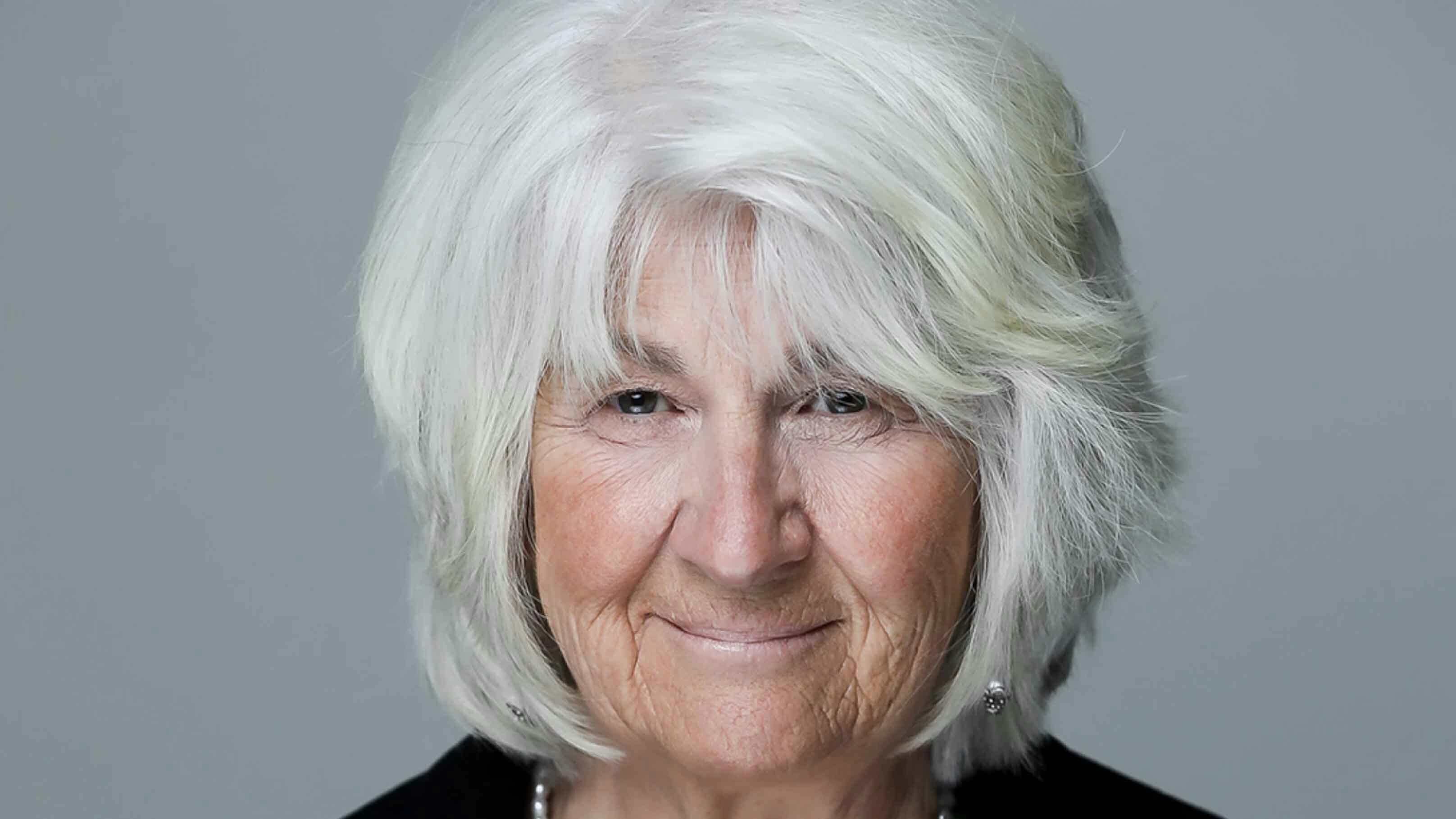By Bill Sniffin, publisher emeritus
Frankly, this invasion of Ukraine by Russia has me nervous as a cat. There is just no good way for this to end.
And as gasoline and natural gas prices rise, the country is reeling from inflation. This rise in energy prices is caused by the administration of President Joe Biden. His band of amateurs started this assault on American energy independence on Day One of his presidency.
Meanwhile, out here on the frontier, there could be a silver lining to all of this.
Let me tell you about an old teeter-totter adage believed by a great many Wyoming leaders. In this theory, it’s believed the Wyoming economy operates in the opposite way of the national USA economy.
It goes like this: When the country is struggling, Wyoming is thriving. When Wyoming struggles, the country thrives.
The obvious answer to this is everybody’s reliance on fossil fuel energy. Thus, when national energy prices are high, Wyoming booms, and the country struggles. When prices are low, the country booms and Wyoming struggles. Is there more to it than this simple formula?
Or as the old bumper sticker read: “Please God, give me one more boom. This time I promise not to piss it away.”
Wyoming is a commodity state, which means that its economy booms — or busts — based on the prices that are charged for energy in the form of oil, natural gas, coal, trona, and uranium.
Out here on our isolated island, we sometimes think we are immune to the economic calamities happening elsewhere in the country and the world. Not true. National and international events are affecting our economy in a big way.
It seems like the last three boom-bust cycles in Wyoming and the U.S. appear to be two ends of the aforementioned teeter-totter. The Cowboy State’s economy has been counter-cyclical to the economy of the rest of America.
In the late 1960s and early 1970s, the USA was booming. Wyoming was hurting. Then-Gov. Stan Hathaway said when he took office in 1966, he discovered the state had just $80 in its general fund. You may have to go back to some dustbowl states of the 1930s to find state governments in that bad of a fiscal shape.
Then Wyoming’s economy took off in the 1970s and peaked in 1981. Then it tanked in the mid-1980s and early 1990s.
Generally, the U.S. was doing well from 1985 to 1998, while we struggled to get back on our feet.
From 2002 to 2012, our statewide economy soared as energy prices spiked to all-time levels. At the same time the national economy slipped partially under the burden of those same high energy prices.
In 2008 the economy was the biggest single issue in that national presidential election. Everyone was saying the U.S. was in a recession. Here in Wyoming? We had $11 billion in the bank and things were going very well. We have a lot more than that in the bank today.
Thus, the theory – as the U.S. economy goes down, does Wyoming’s economy go up?
Are there other factors that contribute to our economic well-being?
The Cowboy State reportedly has more government workers per capita than any state, even more than Alaska. Those jobs usually are bulletproof. When one in 10 of your employees works for government, does this indicate a lack of economic viability? Is it easier to be economically successful in states where most folks work for private companies?
Last year, I wrote a column about how odd it was that Wyoming was the only state in the country without a major city. Even Montana, Idaho, and Alaska have large metro hubs that spawn innovations, create jobs, and keep young people in their home states.
We pointed out that 40 years ago, Casper and Cheyenne were on par with Boise, Idaho, Fort Collins, Colorado, Billings, Anchorage, and Sioux Falls. Today, our two leading cities do not reflect the growth of those other regional centers.
So why did this happen?
Most often given, as a reason, is the lack of a major university in either Casper or Cheyenne compared to those other cities. Apparently, a major college is a huge economic driver.
Cold, windy winter weather was also given as a reason, which I tend to discount.
Let’s look at the 2022 economy in Wyoming. Douglas is booming with oil and gas development. Cheyenne and Laramie are doing just fine, thank you, because of huge numbers of state workers and aggressive job development.
Jackson is in a league of its own as the most expensive place to live in the country. Cody, Sheridan, Evanston, Buffalo, and Lander are holding up fine with a combination of tourism, outdoor recreation, and lots of retirees moving in.
Gillette and Rock Springs have been two of our most vibrant small cities over the past three decades. Leaders there are working hard to keep things going up, despite efforts by international forces to reduce fossil fuel dependency.
A few years ago, a panel was held in Cheyenne to talk about Wyoming’s endless boom-and-bust cycle. It made me recall that former University of Wyoming Professor Phil Roberts has documented 13 of these busts over the 132 years since 1890 statehood. This is a bust every decade. That many busts could make a state and its citizens somewhat gun-shy, I would think.
Speakers at that Cheyenne program also repeated the oft-quoted comment from UW Professor Anne Alexander, where she said the state’s economic situation was “not going to get better unless we make it better. There’s no cavalry on the way. We’re the cavalry.”
It was fascinating that when famous economic expert Art Laffer told a group of Wyoming legislators and state leaders recently that it might just be okay to be so single focused as Wyoming is – on energy, for example.
As a local businessman for over 50 years, it seemed like we were always working on economic development. People in all cities and towns in Wyoming are working their tails off.
The Wyoming Business Council has done very well in my opinion, especially during the pandemic.
And yet, here we are in 2022 asking the same questions that I recall being asked at the Wyoming Futures Project 37 years ago during its organizational meeting in Ucross. NBC commentator Pete Williams was our moderator, as I recall.
Discussing and “cussing” economic development is one of my favorite topics. Sometimes it feels like we are chasing our tails. Creating jobs and keeping your town viable is not getting any easier.
But hold on to your hats over the rest of 2022. As energy prices soar across the country and across the world, there is a pretty good chance this will be good economic news for Wyoming.





